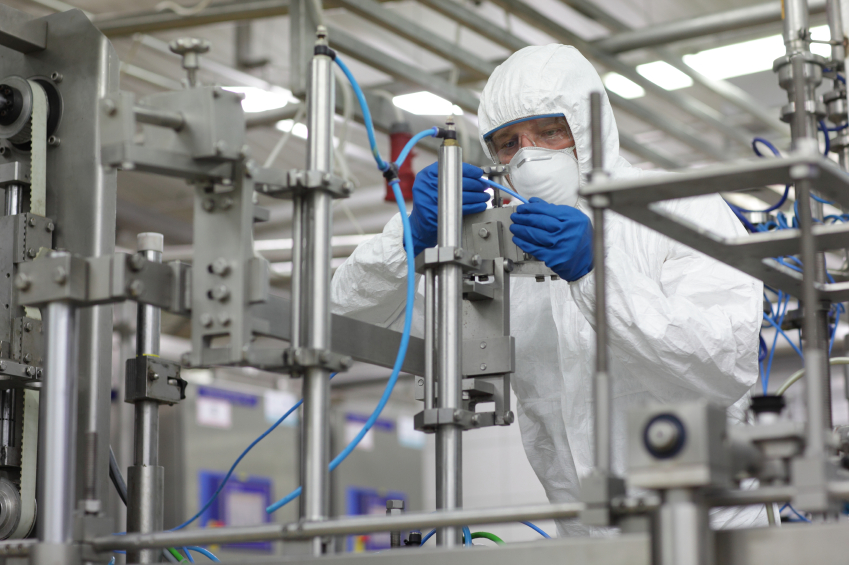
Job interviews are always stressful. And when you’ve just graduated and are looking for your first job in a new career, it can be even more daunting than usual. The stakes can seem higher, and you want to make the best impression possible.
For pharmaceutical quality control students, there are added challenges. Companies in the sector tend to conduct extremely detailed interviews, not only discussing your personal experience and goals, but also asking about quality control and quality assurance practices, often in great detail.
It can be an intimidating experience for graduates, but with the right knowledge and a little preparation, you can impress interviewers and land the job you want.
1. Can You Tell Us About Your Experience In Pharma Courses?
With a candidate who is already working in the industry, pharmaceutical companies will be keen to learn all about their previous experience, but if you have just graduated, interviewers will probably turn their attention to your time at college.
They may ask you to describe project work you were involved in, or equipment you have handled in a laboratory setting, so it’s important to be able to go into great detail about your college experience and demonstrate the value of your training in pharma courses.
2. What Do You Know About Our Pharmaceutical Company?

Companies may expect you to have knowledge of their products and services.
Many pharmaceutical companies you interview with will be well-known, having done highly publicized work. They will be looking for candidates who are familiar with them, and have a passion for the area of pharmaceuticals they work in. So it is best to do your research and arrive at your interview armed with plenty of knowledge about the company, their practices and products.
3. Outline Good Manufacturing Practices In Pharmaceutical Quality Control
Interviewing for a pharmaceutical quality control job is less straightforward than other fields, as companies may look to test your knowledge with some practical questions. These will vary depending on the company and its work, but one thing that comes up frequently is good manufacturing practices. These are the standard regulations and guidelines governing drug manufacturing. Fortunately, most programs cover the subject comprehensively in their courses, so you should be well-prepared for any questions.
4. Explain Some Common Variables in Pharmaceutical Quality Control
Variables are the stages in the manufacturing process where it’s possible for things to go wrong, and are a concern for pharmaceutical quality professionals in any role. As a result, many companies will ask candidates to give examples of common variables, such as the particle size or the concentration of binder agent. They may ask specifically for issues that pertain to their own process, so it’s an advantage to be somewhat familiar with it if possible.

There are many variables in the manufacturing process professionals need to be aware of.
5. What Are Some Common Defects In Pharmaceutical Quality Control?
Like variables, defects affect nearly every pharmaceutical role. Common defects might include things like separation of tablets, cracks or chips on the surface, or mottling, which is a term for the unequal distribution of color on a tablet. Again, companies will often be looking for you to identify defects which might apply specifically to their work.
Looking for a good pharmaceutical school?
Check out our program page to learn more!



